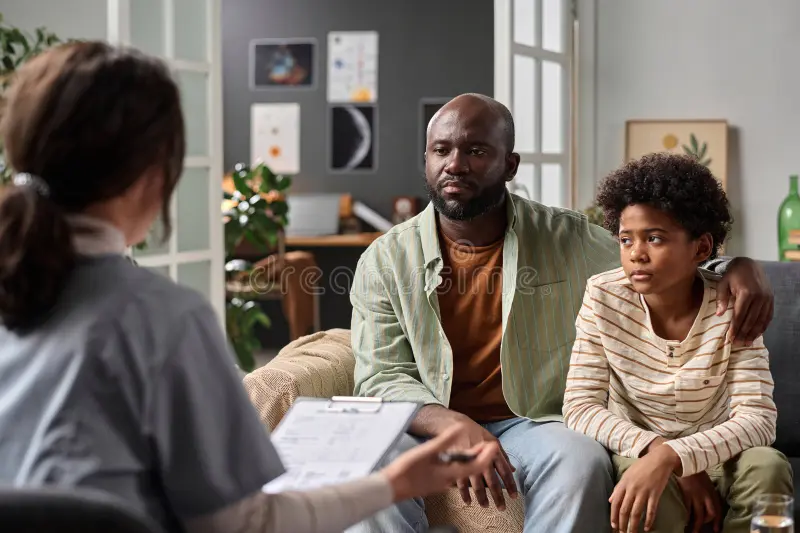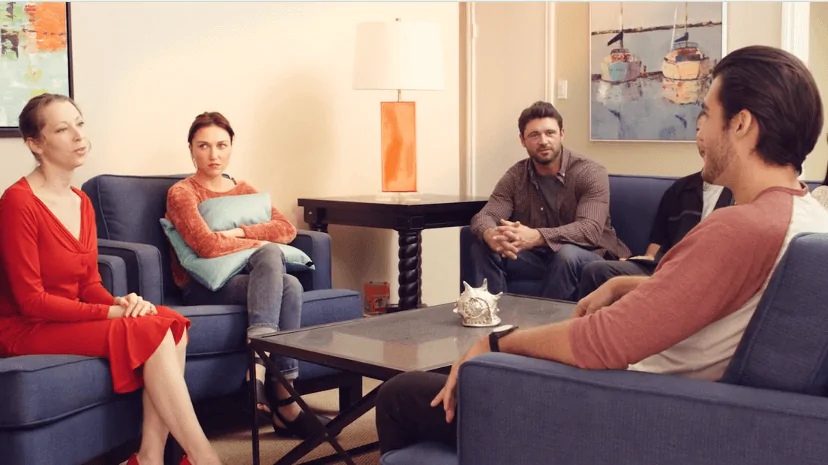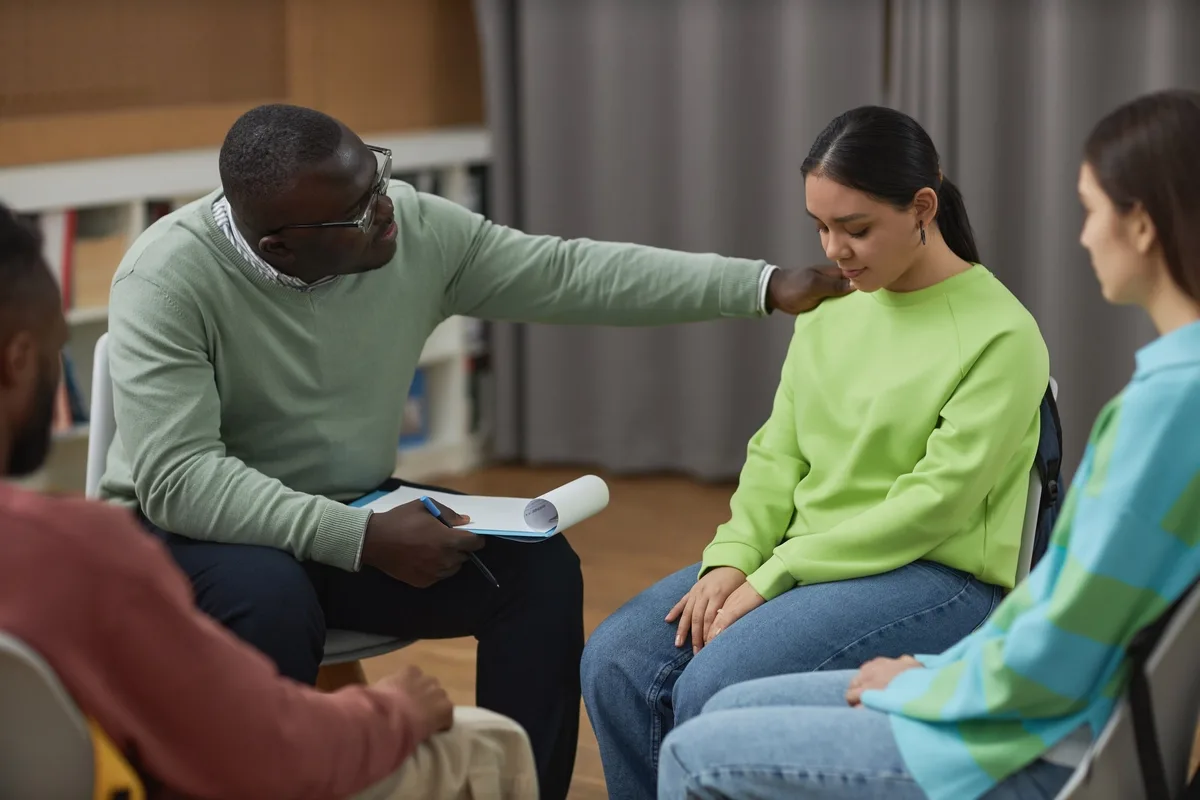24/7 Helpline:
(866) 899-221924/7 Helpline:
(866) 899-2219
Learn more about Group Therapy centers in United
Group Therapy in Other Cities

Other Insurance Options

Multiplan
Beacon

MVP Healthcare

Excellus

State Farm

EmblemHealth

Cigna

Horizon Healthcare Service

ComPsych

Lucent

Humana

Sliding scale payment assistance

MHNNet Behavioral Health

BlueCross

WellPoint

Oxford

PHCS Network

Evernorth

Health Partners

Holman Group


















